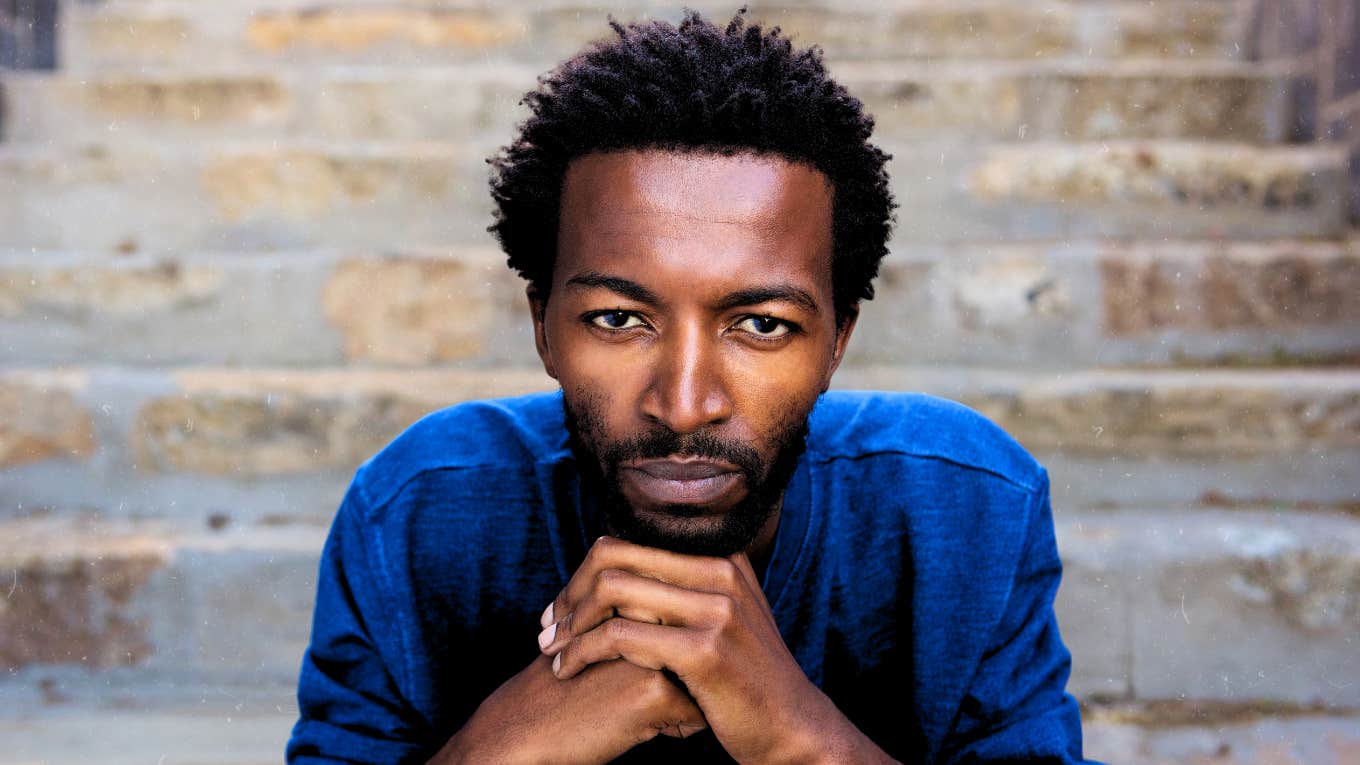I Gave Up Explaining How To Pronounce My Name
The struggle of having an African name is real.
 mimagephotography | Canva
mimagephotography | Canva Africans assign names to their children according to the happening of a certain situation, or after their grandfathers/mothers as a way to keep their names and spirit alive through the family or simply, to honor their ancestors.
You can ask any African about their African name, they will explain to you why they were given that name and what it means. But you can’t give a clear explanation to foreign adopted names, especially Christian names besides the fact that you were given that name out of fashion or out of impressing the world about your newfound religion or modernity.
I was given a Christian name at birth even though my family wasn’t of a Christian background or typical church people.
This was an experience from many of my tribe or probably most African — the only difference was that most were given their Christian names after baptism and I never got baptized to have the honor of being given one.
Many people with a similar name to mine, born before me, always have the same Christian name given to them after baptism, as it has become something of a custom. My dad passed on without converting to Christianity but he never called me by my real name. For him, my name is Simon, a name he always called me proudly — the only thing he accepted from a religion he never converted to.
Somehow, he didn’t give much thought to where the name came from, rather, it was a second name that allowed him to show his love for me in his way. His way of saying he loved me and he was proud of me — considering that telling your kids you love them isn’t something he ever said out loud or that we, his children expected from him.
The only time he calls me by my real name is when he is mad at me for not doing my tasks or when I mess up on the responsibilities allotted to me.
As far as my family is concerned these days, my name is Simon. But, I never wanted to use that name officially, because, having to use my Christian name would mean that, I have to forgo my surname, something that I wasn’t keen on doing because, doing so, I would have to forgo some part of my identity. Therefore, I decided to use my family’s given first name for all documents-related purposes from my primary school years and down through the years.
The only time I am eager to use Simon as my name is when I encounter strangers who seem to struggle to pronounce my name — an experience that has become a constant.
I believe that our names carry an important connection with our very souls. I mean, I should know because, when a person pronounces my name properly for the first time, I always feel a sense of satisfaction and joy, just by the mere fact that, they get it right. I would mutter under my breath, 'Good job man, finally someone who gets it'.
And try asking me twice or thrice how my name is pronounced, I made your life easy by telling you — just call me Simon, my family and friends called me by that name and you could never mispronounce Simon, could you?
You see, the idea of Christian naming is foreign, and many people, especially during conversion, get a bonus name to their family given name which often erases some part of their name — the usual casualty is the surname, which happens to be the important name for any African. As such, because, most Africans don’t use the concept of the family name, the surname becomes the replacement of the Western idea of the family name.
Try explaining your identity to another African, you will get stuck with two names which will make it hard to trace and identify your tribe, clan, or sub-clan. For this reason alone and irrespective of how Christian names sound fancy and easy to pronounce for many people, most young Africans are trying to do away with their Christian names.
I refuse to accept that my name is difficult to pronounce and I often consider the idea of my name sounding difficult to pronounce to be out ignorant and lack of openness to things that are foreign to us.
I always nailed pronouncing names that have nearly ten or twelve letters on the first try and I don’t see a mere six digit that sounds like, “Got Cake”, Gat Kek, Gatkek would be that difficult to pronounce.
It sounded that simple but still, it is a struggle to get people to pronounce it right. But people don’t have any problems pronouncing Nicodemus, Alexander, and Abramovich. It’s not like I am asking you to pronounce Taumatawhakatangihangakoauauotamateaturipukakapikimaungahoronukupokaiwhenuakitana, am I?
For that reason alone, I give my children tribal African names — my family names — as a reason for them to connect with the continent and with my ancestral background. I mean, this is the least I could do in a household where speaking English overtook the native tongues and languages.
I thought giving my children a tribal ancestral name would be a reminder for me, my children, and the world that these black kids may be fluent in English and their worldview may even be Western, but they have a place they come from that they should proudly tell the world — at least, through their names if they aren’t ready to tell the world about it themselves.
Gatkek Kuajien Chuol is a Human Rights Lawyer, a Writer, and a frequent contributor to Addis Insight. He has had his articles published in Medium and Substack.

